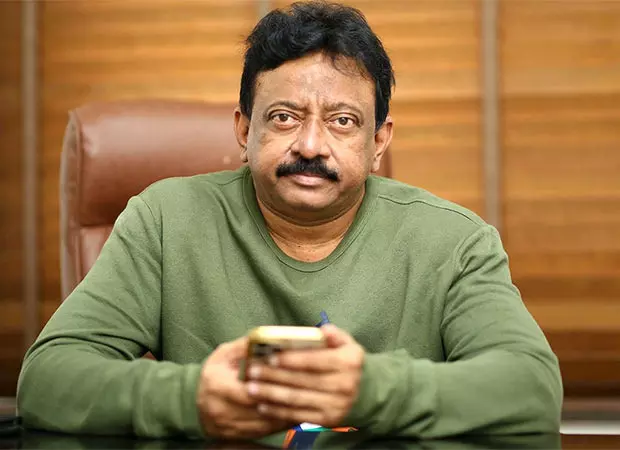Ram Gopal Varma, often referred to as RGV, redefined Indian cinema with his bold storytelling, gritty realism, and genre-bending narratives. Known for pushing cinematic boundaries, Varma’s directorial style is a blend of innovation and intensity.
Here are five films that played a crucial role in shaping his reputation as one of India’s most fearless and influential filmmakers.
1. Shiva (1989)
Shiva marked Varma’s explosive entry into Telugu cinema and later Hindi cinema. The college-based action drama, with its hard-hitting narrative and stylized violence, became a cult classic. It introduced a fresh cinematic language, especially in how campus politics and gang wars were portrayed.
2. Rangeela (1995)
With Rangeela, Varma took a sharp turn from action to romance and delivered a colorful, musical hit. The film showcased his versatility and also marked a turning point in Bollywood’s visual and musical storytelling. A.R. Rahman’s soundtrack and Urmila Matondkar’s performance became iconic, while Varma’s sleek direction won critical acclaim.
3. Satya (1998)
Arguably his most defining work, Satya brought the raw underworld of Mumbai to the forefront of Indian cinema. The film was praised for its realistic portrayal of gangster life and tight screenplay. It not only redefined the gangster genre but also opened doors for a wave of dark, urban storytelling.
4. Company (2002)
Following Satya, Company expanded Varma’s gangster universe with a gripping tale inspired by real-life mafia connections. The film introduced audiences to intense performances and a layered narrative. It was both a commercial and critical success.
5. Bhoot (2003)
With Bhoot, Varma ventured into horror and delivered a psychological thriller that sent chills down the spine. The film stood out for its atmospheric tension, minimal use of gore, and strong performances, proving Varma’s mastery across genres.
Together, these films showcased Ram Gopal Varma’s unique directorial voice and his fearless approach to storytelling.



